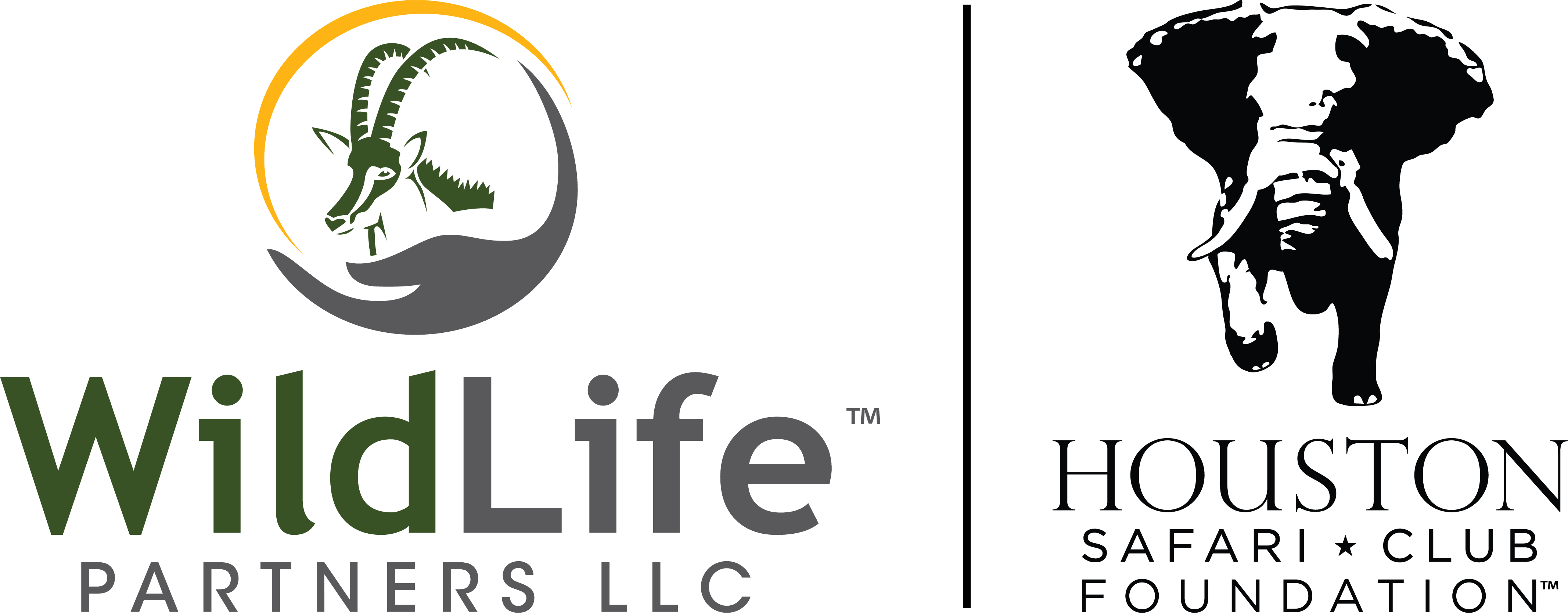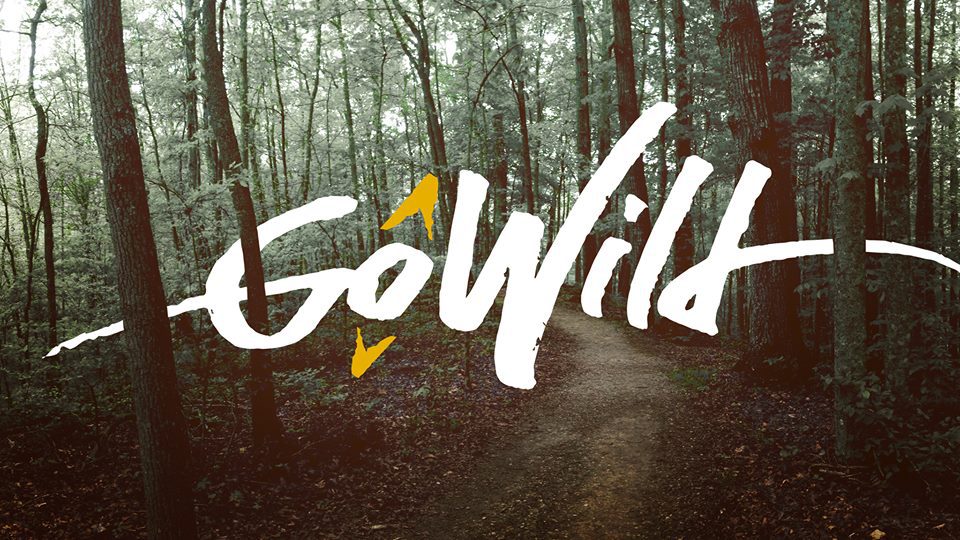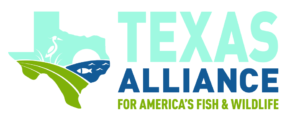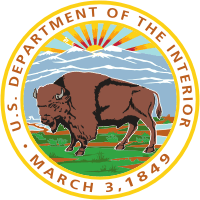Date: May 21, 2018
Contact: Interior_Press@ios.doi.gov
Secretary Zinke Proposes Expansion of Hunting and Fishing Opportunities at 30 of America’s National Wildlife Refuges
PLEASE NOTE: The Fish & Wildlife Service will seek comments from the public on the proposed rule for 30 days, beginning with publication in the Federal Register in coming days. The notice will be available at www.regulations.gov, docket no. FWS-HQ-NWRS-2018-0020, and will include details on how to submit your comments. An interim copy of the proposed rule is now available at https://www.fws.gov/home/pdfs/Proposed_2018-2019_Hunt_Fish_Rule_signed.pdf.
WASHINGTON – Continuing his efforts to increase access to public lands, U.S. Secretary of the Interior Ryan Zinke today announced a proposal to open more than 248,000 acres to new or expanded hunting and fishing opportunities at 30 national wildlife refuges.
Opportunities include places like Hackmatack National Wildlife Refuge in Illinois and Wisconsin, and deer hunting in Philadelphia at John Heinz National Wildlife Refuge being proposed for the first time. The proposal also outlines expanded hunting and fishing opportunities at 136 national wildlife refuges. If finalized, this would bring the number of units of the National Wildlife Refuge System where the public may hunt to 377, and the number where fishing would be permitted to 312.
“As stewards of our public lands, Interior is committed to opening access wherever possible for hunting and fishing so that more families have the opportunity to pass down this American heritage,” Secretary Zinke said. “These 30 refuges will provide incredible opportunities for American sportsmen and women across the country to access the land and connect with wildlife.”
The U.S. Fish and Wildlife Service’s (Service) proposal would open more new acres to hunting and fishing than in the past and takes steps to simplify regulations to more closely match state hunting and fishing regulations. The changes would be implemented in time for the upcoming 2018-2019 hunting seasons.
Hunting, fishing and other outdoor activities contributed more than $156 billion in economic activity in communities across the United States in 2016 according to the Service’s National Survey of Fishing, Hunting and Wildlife-Associated Recreation, published every five years. More than 101 million Americans – 40 percent of the U.S. population 16 and older – pursue wildlife-related recreation, such as hunting, fishing and birding.
“Ensuring public lands are open for multiple uses supports local economies and provides important opportunities for recreation. Further, this proposal means that families and individuals across our nation will be better able to participate in our nation’s tradition of hunting and fishing. We appreciate Secretary Zinke and the Interior Department for advancing this priority, and we will continue to work to improve access to public lands for our sportsmen,” said Senator John Hoeven.
“Public lands should be open for the public to enjoy,” said Chairman Rob Bishop of Utah. “The Department of the Interior’s latest decision to expand acreage and access for hunting and fishing on wildlife refuges was the right move. Secretary Zinke’s decision will help our economy grow and enable those who hunt and fish to spend more time catching game and less time caught in red tape.”
“North Dakota is a sportsman’s paradise. The decision to expand access to public lands by opening more than 248,000 acres across the nation to hunting and fishing will provide new economic opportunities for local communities as well as open up new areas for anglers and hunters,” said Congressman Kevin Cramer. “For the first time, the J. Clark Salyer and Lostwood National Wildlife Refuges will be open to moose hunting. I commend the Secretary’s decision and look forward to working with the department.”
“Hunters, anglers and shooting sports enthusiasts play a crucial role in funding the management and conservation of North America’s wildlife,” said Service Principal Deputy Director Greg Sheehan. “We are providing sportsmen and women with more access to our national wildlife refuges and streamlining regulations to more closely align with our state partners. And that’s good news for our customers.”
The Service manages hunting and fishing programs to ensure sustainable wildlife populations while also offering other traditional wildlife-dependent recreation on public lands, such as wildlife watching and photography. The Refuge System is an unparalleled network of 566 national wildlife refuges and 38 wetland management districts. There is a national wildlife refuge within an hour’s drive of most major metropolitan areas.
“The proposed expansion of hunting and fishing opportunities through working partnership with the states is a demonstration of Secretary Zinke’s commitment to our nation’s outdoor heritage and the conservation community,” said Virgil Moore, President of the Association of the Fish and Wildlife Agencies and Director of the Idaho Department of Fish and Game. “These efforts reaffirm the tremendous value of quality wildlife habitat and outdoor recreational opportunities, including hunting and fishing, in connecting millions of Americans to the outdoors.”
“We applaud Secretary Zinke and the Fish and Wildlife Service for their continued commitment to increasing opportunities for hunting and fishing within the National Wildlife Refuge System,” said Congressional Sportsmen’s Foundation President Jeff Crane. “We look forward to continuing to work with the Department of Interior on increasing access for sportsmen and women.”
Hunting and/or fishing will expand or be opened on the following refuges:
Arkansas
California
Florida
Illinois
Illinois and Missouri
Illinois and Wisconsin
Indiana
Maine
Maine and New Hampshire
Maryland
Michigan
Minnesota
Montana
New Jersey
New Jersey and New York
New Mexico
North Dakota
Ohio
Oregon
Pennsylvania
Utah
Wisconsin
- Trempealeau National Wildlife Refuge: Open hunting of certain gamebirds, small mammals and furbearers for the first time, and expand existing migratory game bird and big game hunting.
The Service will seek comments from the public on the proposed rule for 30 days, beginning with publication in the Federal Register in coming days. The notice will be available at www.regulations.gov, docket no. FWS-HQ-NWRS-2018-0020, and will include details on how to submit your comments. An interim copy of the proposed rule is now available at https://www.fws.gov/home/pdfs/Proposed_2018-2019_Hunt_Fish_Rule_signed.pdf.
More than 53 million Americans visit refuges every year. National wildlife refuges provide vital habitat for thousands of species and access to world-class recreation, from fishing, hunting and boating to nature watching, photography and environmental education. In doing so, they support regional economies to the tune of $2.4 billion dollars per year and support more than 35,000 jobs.
Under the National Wildlife Refuge System Improvement Act of 1997, the Service permits hunting and fishing along with four other types of wildlife-dependent recreation, including wildlife photography, environmental education, wildlife observation and interpretation, when they are compatible with an individual refuge’s purpose and mission. Hunting, within specified limits, is currently permitted on 337 wildlife refuges and 37 wetland management districts. Fishing is currently permitted on 277 wildlife refuges and 34 wetland management districts.
###
 Houston, TX – For the third consecutive year, WildLife Partners. LLC and Houston Safari Club Foundation (HSCF) are partnering to preserving the sport of hunting through education, conservation and the promotion of our hunting heritage.
Houston, TX – For the third consecutive year, WildLife Partners. LLC and Houston Safari Club Foundation (HSCF) are partnering to preserving the sport of hunting through education, conservation and the promotion of our hunting heritage.
 Houston, TX (July 6, 2018) – Houston Safari Club Foundation (HSCF) and Houston Safari Club (HSC) are pleased to announce the launch of their new websites and social media channels.
Houston, TX (July 6, 2018) – Houston Safari Club Foundation (HSCF) and Houston Safari Club (HSC) are pleased to announce the launch of their new websites and social media channels. Houston Safari Club Foundation has long had a mission of preserving the sport of hunting through education, conservation and the promotion of our hunting heritage. As times have changed and there is a need for new generations of hunters, the organization realizes it’s also equally important to recruit new people into the lifestyle. The nonprofit is joining GoWild to do just that. GoWild is a digital community of outdoors enthusiasts supporting education, interaction and activity in the outdoors. Together, the two aim to activate current hunters to participate in conservation efforts beyond hunting, and to provide tools and resources for newcomers to pick up hunting for the first time.
Houston Safari Club Foundation has long had a mission of preserving the sport of hunting through education, conservation and the promotion of our hunting heritage. As times have changed and there is a need for new generations of hunters, the organization realizes it’s also equally important to recruit new people into the lifestyle. The nonprofit is joining GoWild to do just that. GoWild is a digital community of outdoors enthusiasts supporting education, interaction and activity in the outdoors. Together, the two aim to activate current hunters to participate in conservation efforts beyond hunting, and to provide tools and resources for newcomers to pick up hunting for the first time. Houston Safari Club Foundation has long had a mission of preserving the sport of hunting through education, conservation and the promotion of our hunting heritage. As times have changed and there is a need for new generations of hunters, the organization realizes it’s also equally important to recruit new people into the lifestyle.
Houston Safari Club Foundation has long had a mission of preserving the sport of hunting through education, conservation and the promotion of our hunting heritage. As times have changed and there is a need for new generations of hunters, the organization realizes it’s also equally important to recruit new people into the lifestyle.
